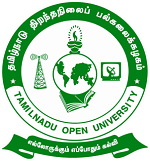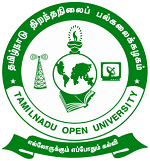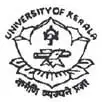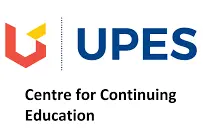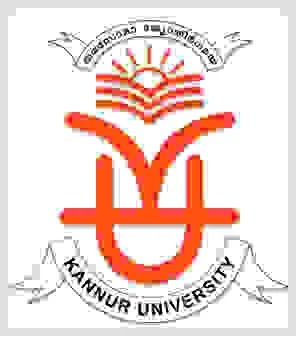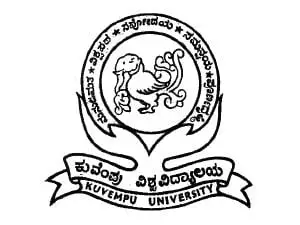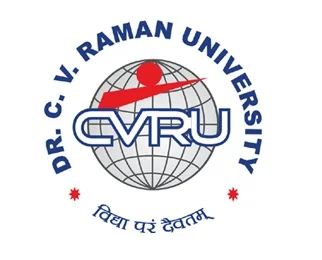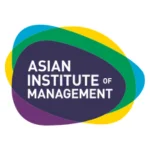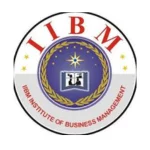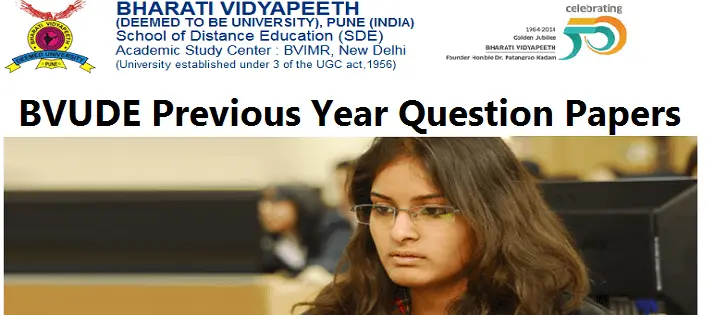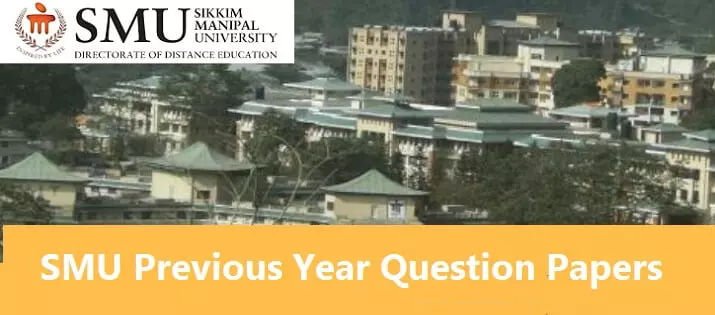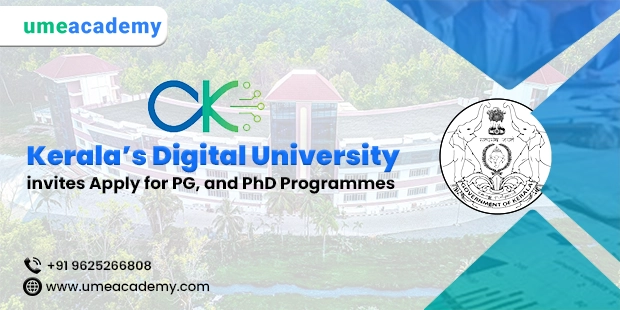When pursuing an academic endeavor in a foreign country, it can serve as a transformative and life-enhancing experience that broadens one’s perspectives and facilitates personal development. For aspiring international students, India serves as an alluring and diverse destination that affords a plethora of educational opportunities.
With its intricate cultural tapestry, rich history spanning centuries, and rapidly expanding economy, India has emerged as a highly favored option for individuals seeking an exceptional and rewarding academic voyage.
Study Abroad Programs in India unlock a gateway to a realm of endless possibilities. Combining ancient customs with cutting-edge technological advancements, the country embodies a compelling fusion of legacy, innovation, and intellectual exploration. Whether allured by the vibrancy of its bustling metropolitan areas or enticed by the peace and serenity of its scenic landscapes, India presents a truly immersive and unparalleled educational undertaking.
Studying Abroad can present its fair share of challenges, India offers a support system that ensures a smooth transition and a comfortable environment for international students. Universities typically provide a range of services, including dedicated international student offices, language support, and cultural integration programs. Additionally, the warm and welcoming nature of the Indian people ensures that students feel at home and can fully embrace the experience of living in this culturally rich country.
In this blog series, we will delve into the intricacies of studying abroad in India, exploring the various aspects that make it a remarkable destination for international students. From choosing the right program and navigating the visa process to uncovering the hidden gems of Indian culture and embracing academic opportunities, we will provide a comprehensive guide to help you make the most of your educational journey in India.
So, if you are ready to embark on an unforgettable adventure, join us as we uncover the wonders and opportunities that studying abroad in India has to offer. Discover a land where ancient wisdom converges with contemporary innovation, where history and modernity seamlessly intertwine, and where the pursuit of knowledge knows no boundaries. Welcome to the enchanting world of study abroad programs in India and Know about Study Abroad in 8 Easy Steps in this blog!
8 Steps to Follow to Study in Abroad
1. Define Your Goals
Defining your goals for studying abroad is an important first step in the planning process. It involves identifying your motivations and aspirations for the experience. Ask yourself why you want to study abroad and what you hope to achieve academically and personally. Are you seeking to immerse yourself in a different culture, broaden your perspectives, or gain international exposure? Additionally, consider your academic goals.
Do you want to take courses that are not available at your home institution or study under renowned professors in your field of interest? Lastly, think about the skills and experiences you want to gain from the program. It could be developing intercultural communication skills, gaining independence and self-reliance, or building a global network. By defining your goals, you can have a clear focus and purpose throughout your study abroad journey.
2. Research well about the Options
When researching your options for studying abroad, it’s essential to explore different countries and universities that offer programs in your field of interest. Consider factors such as the language spoken in the country, the local culture, the cost of living, and the quality of education. Think about what type of environment you would thrive in and what kind of experience you are looking for. Take into account your academic goals and personal preferences.
Look for programs that align with your academic aspirations and offer courses that are relevant to your field of study. Assess the reputation of the universities and their rankings in your chosen discipline. Additionally, think about the cultural and social aspects of each country and how they align with your interests and personal growth objectives. By thoroughly researching and considering these factors, you can find a study abroad program that suits your needs and provides a rewarding and fulfilling experience.
3. Plan Well About Your Finances
Planning your finances is a crucial step when considering studying abroad. It’s important to be aware that studying abroad can be expensive, so conducting thorough research and planning ahead is essential. Start by researching the cost of tuition, as it can vary significantly depending on the country and institution you choose. Additionally, consider accommodation expenses, such as rent, utilities, and meal costs.
Explore the overall cost of living in your desired destination, including transportation, healthcare, and other daily expenses. It’s also important to factor in any additional fees related to your study abroad program or visa application. To help alleviate the financial burden, explore scholarship, grant, or financial aid options specifically available for international students. Many universities and external organizations offer funding opportunities that can assist with tuition and living expenses. By planning your finances carefully and exploring available financial support, you can ensure a more manageable and successful study abroad experience.
4. Decide the Program and Institution before the time
After conducting thorough research, it’s time to Find Study Abroad Courses and institutions that align with your academic goals and personal preferences. Take into account the program curriculum and ensure that it offers courses that are relevant to your field of study or academic interests. Look for programs that provide a balanced and comprehensive academic experience. Consider the reputation of the institution and its academic standing, as it can impact your future career prospects.
Look for reviews or rankings that provide insights into the institution’s quality of education. Additionally, assess the support services available for international students, such as orientation programs, academic advising, housing assistance, and cultural integration activities. These services can greatly enhance your study abroad experience and help you adapt to the new environment more smoothly. By carefully evaluating these factors, you can select a program and institution that will provide a fulfilling and enriching educational journey.
5. Enroll for the Institution you have chosen for
Once you have chosen the study abroad program and institution that best suits your needs, it’s time to begin the application process. Familiarize yourself with the specific requirements and guidelines outlined by the institution. Prepare all the necessary documents, such as academic transcripts, letters of recommendation from professors or employers, and a well-crafted statement of purpose that highlights your academic and personal motivations for studying abroad. Ensure that all the documents are accurate, up-to-date, and meet the institution’s formatting or submission guidelines.
Pay close attention to application deadlines and make sure to submit your application well in advance to avoid any last-minute complications. It’s advisable to keep track of all the required documents, application fees, and any additional materials that may be needed, such as standardized test scores or language proficiency certifications. By carefully following the application process and meeting all the requirements, you increase your chances of being accepted into your chosen institution and program.
6. Apply for a Student Visa
After receiving acceptance from your chosen institution, the next step is to apply for a student visa to study in the country. It’s crucial to research and understand the specific visa requirements and procedures of the country you plan to study. Visit the official website of the country’s embassy or consulate to gather detailed information about the visa application process.
Prepare the necessary documents, which typically include a valid passport with an expiration date beyond your planned stay, proof of acceptance from the institution, such as an acceptance letter or enrollment certificate, financial statements demonstrating your ability to cover tuition and living expenses, and proof of medical insurance coverage.
Follow the guidelines provided by the embassy or consulate and ensure that all documents are properly filled out and submitted within the specified timeframe. It’s important to start the visa application process well in advance, as it may take some time to gather the required documents and secure an appointment. By understanding the visa requirements and completing the application process diligently, you can obtain the necessary student visa to Study Abroad Courses.
7. Arrange Accommodation and Travel
After securing your acceptance and student visa, it’s time to arrange accommodation and make travel arrangements for your study abroad experience. Begin by exploring different accommodation options, such as university dormitories, off-campus housing, or homestays. Consider factors such as proximity to your institution, cost, safety, and the type of experience you desire. Research the housing policies and application deadlines of your chosen institution, and submit your housing application accordingly. If you opt for off-campus housing, research local rental options and consider factors such as lease agreements, amenities, and neighborhood safety.
Next, book your flights to your study abroad destination. Look for the most convenient and cost-effective options, considering factors like airline reputation, travel dates, and luggage allowance. It’s advisable to book your flights well in advance to secure the best deals. Additionally, ensure that you have appropriate health insurance coverage while abroad. Check if your current insurance provider offers international coverage or consider purchasing a separate health insurance plan that covers medical emergencies, accidents, and illnesses during your study abroad Programs in India period.
Keep track of all your travel and accommodation arrangements, including confirmation emails, reservation details, and important contact information. It’s also recommended to create a checklist of items you need to pack and complete any necessary travel preparations, such as applying for travel visas or getting necessary vaccinations.
By arranging accommodations and making travel arrangements ahead of time, you can ensure a smoother transition to your study abroad destination and focus on the exciting experiences that await you.
8. Prepare for the Experience
As you get closer to your study abroad journey, it’s important to prepare yourself for a smooth transition and make the most of your experience. Start by learning about the culture and customs of your host country. Research traditions, social norms, and etiquette to better understand and respect the local culture. Familiarize yourself with important aspects such as greetings, communication styles, and common practices.
If the local language is different from your native language, consider learning some basic phrases and expressions to facilitate communication and immerse yourself more fully in the local culture. Enroll in language classes or use language learning apps to improve your language skills.
Ensure that you have all necessary vaccinations or medical checks required for your study abroad destination. Consult with your healthcare provider or visit a travel clinic to get updated on any recommended or mandatory vaccinations. It’s crucial to prioritize your health and well-being during your time abroad.
Make a checklist of items to pack and gather all essential documents, including your passport, visa, acceptance letter, and medical insurance information. Familiarize yourself with the local currency and banking system, and consider informing your bank about your travel plans to avoid any issues with international transactions.
Lastly, mentally prepare yourself for the study abroad experience. Embrace the opportunities for personal growth, new friendships, and cultural exploration that lie ahead. Keep an open mind, be adaptable, and remain positive throughout your journey.
By taking these steps to prepare for your study abroad experience, you can enhance your cultural understanding, facilitate communication, and ensure a smoother transition into your new environment.

 Online BBA
Online BBA
 Distance BBA
Distance BBA
 Regular BBA
Regular BBA
 Online BCA
Online BCA
 Distance BCA
Distance BCA
 Regular BCA
Regular BCA
 Online B.Sc
Online B.Sc
 Distance B.Sc
Distance B.Sc
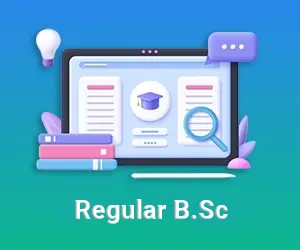 Regular B.sc
Regular B.sc
 Online B.com
Online B.com
 Distance B.Com
Distance B.Com
 Regular B.com
Regular B.com
 Online BA
Online BA
 Distance BA
Distance BA
 Regular BA
Regular BA
 Regular B.Tech
Regular B.Tech
 Online MBA
Online MBA
 Distance MBA
Distance MBA
 Regular MBA
Regular MBA
 Part Time MBA
Part Time MBA
 Online Executive MBA
Online Executive MBA
 Regular Executive MBA
Regular Executive MBA
 Online Global MBA
Online Global MBA
 Online MCA
Online MCA
 Distance MCA
Distance MCA
 Regular MCA
Regular MCA
 Online M.com
Online M.com
 Distance M.com
Distance M.com
 Distance MA
Distance MA
 Distance M.Sc
Distance M.Sc
 Online M.Sc
Online M.Sc
 Online MA
Online MA
 Regular M.com
Regular M.com
 Regular M.Sc
Regular M.Sc
 Regular MA
Regular MA
 Apache Hadoop
Apache Hadoop
 Artificial Intelligence and Machine Learning
Artificial Intelligence and Machine Learning
 Big Data Analytics
Big Data Analytics
 BLOCKCHAIN TECHNOLOGY
BLOCKCHAIN TECHNOLOGY
 CLOUD COMPUTING
CLOUD COMPUTING
 CYBER SECURITY
CYBER SECURITY
 DATA SCIENCE
DATA SCIENCE
 DIGITAL MARKETING
DIGITAL MARKETING
 Operating System
Operating System
 AUTOMATION TEST
AUTOMATION TEST
 PYTHON PROGRAMMING
PYTHON PROGRAMMING
 SAS CERTIFICATION
SAS CERTIFICATION









































